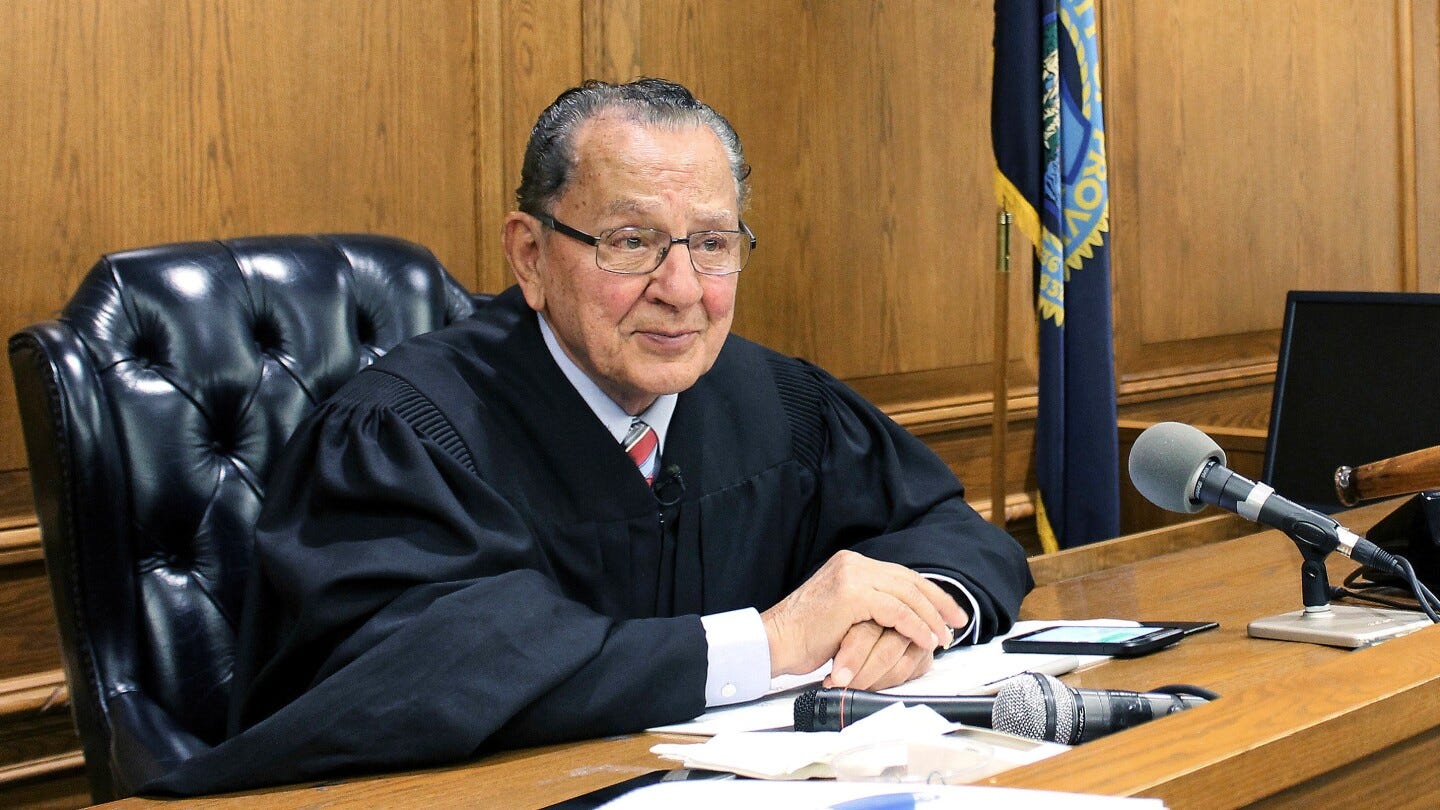The Justice Paradox
How One Judge's Compassion Exposed Our Hunger for Humane Authority
Judge Frank Caprio’s viral courtroom moments revealed a profound societal craving: a justice system that sees beyond the letter of the law to the human being. This is not a call for anarchy, but an urgent demand for a synthesis of empathy and accountability.
The Gavel, The Screen, The Soul
The recent passing of Judge Frank Caprio, the Rhode Island jurist who became a global sensation for his compassionate courtroom decisions, has sparked a surprising wave of reflection. Millions watched his viral videos, not just for the novelty, but for a glimpse into a form of justice that felt profoundly human. His approach challenged the conventional understanding of law as purely impartial, revealing a deep societal hunger for authority that understands, rather than merely dictates. I believe his passing offers a crucial moment to reflect on this tension.
The Cold Impartiality of Legalism
Our traditional view of justice often emphasizes a blind, dispassionate application of rules. This thesis argues for law as a universal, unwavering standard, necessary for societal order and to prevent bias. The rationale is clear: consistency, predictability, and the prevention of arbitrary power. But what happens when this impartiality becomes inhumanity? When the system is so focused on the letter of the law that it misses the reality of the human condition it governs?
The Radical Act of Seeing
This is where Judge Caprio presented his powerful antithesis. He didn't dismiss the law, but he refused to let it overshadow the individual standing before him. He made a radical choice to see the person, to listen to their story, and to consider their unique circumstances. His method was simple: listen with empathy, consider the context, and then decide. This isn't weakness; it's a different form of strength, a recognition that justice, to be truly just, must understand the human condition. He used his authority not to oppress, but to uplift, even when dealing with minor traffic violations.
A Synthesis: Justice Forged in Compassion
Caprio’s courtroom wasn't about abandoning the law for mere sentimentality. It was about fusing legal principles with empathetic understanding. It was a synthesis that recognized the law’s necessity but insisted on its human application. The goal remained justice, but a justice tempered by mercy, leading to outcomes that were not only legally sound but also humanly resonant. As Seneca famously posited:
Justice without mercy is tyranny.
– Seneca
Why Humanity Yearns for Humane Authority
Caprio's widespread popularity signals a collective yearning. In an increasingly dehumanized and bureaucratized world, we are starved for leaders and institutions that acknowledge our shared vulnerability and complexity. We want systems that don't just process us, but truly see us as individuals. His viral moments weren't anomalies; they were echoes of a deep-seated desire for authority that leads with understanding, not just decree. Caprio showed us that true authority doesn't diminish by showing compassion; it strengthens.
The Amplifying Power of the Digital Age
How did his message spread so far and wide? Social media. It allowed his localized acts of compassion to become a global phenomenon, democratizing access to a new model of justice. It revealed that people across cultures, regardless of their own legal systems or languages, respond profoundly to genuine empathy. The internet, often criticized for its divisiveness, became a powerful channel for celebrating a unifying human trait.
Beyond the Courtroom: A Blueprint for Better Systems
The implications of Caprio's legacy extend far beyond a traffic court. His approach is a profound call to re-evaluate our systems of governance, education, healthcare, and even corporate leadership. How can we embed more compassion, more understanding, into the very structures that shape our lives? It’s not about soft justice, but intelligent justice that recognizes the multifaceted reality of human experience. As Daniel Goleman wisely noted:
True compassion means not only feeling another's pain but also being moved to help relieve it.
– Daniel Goleman



